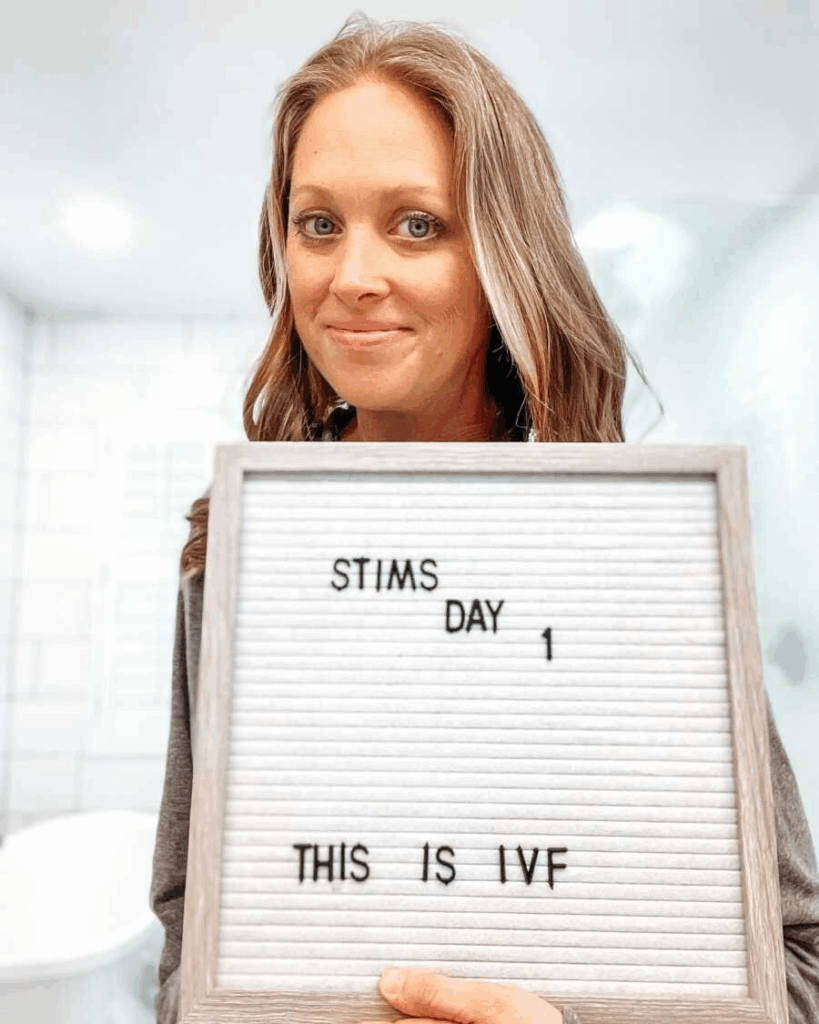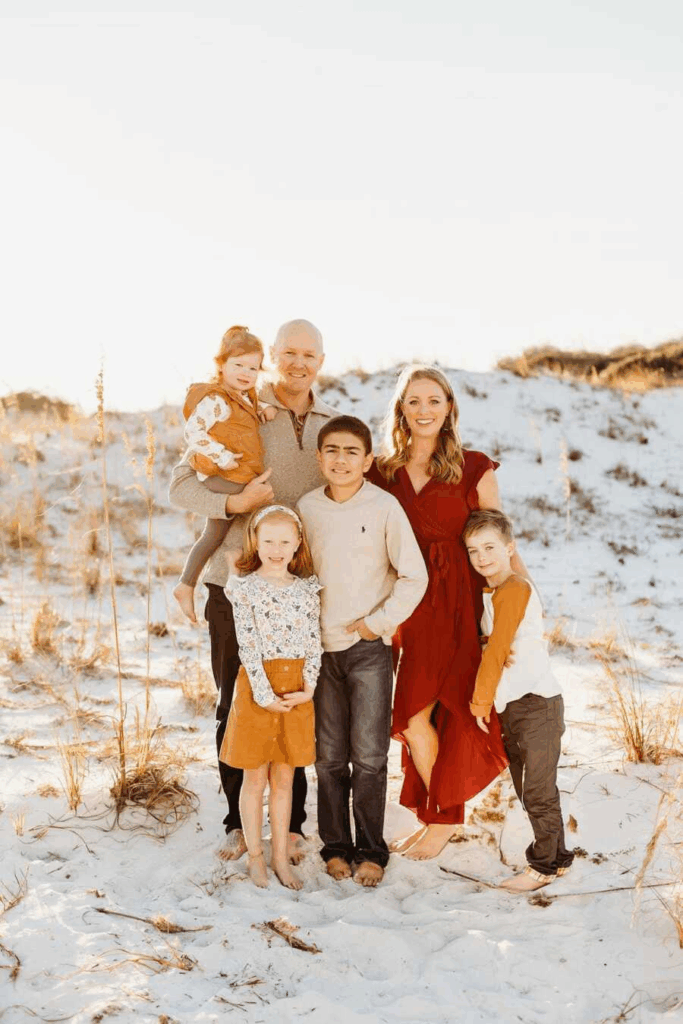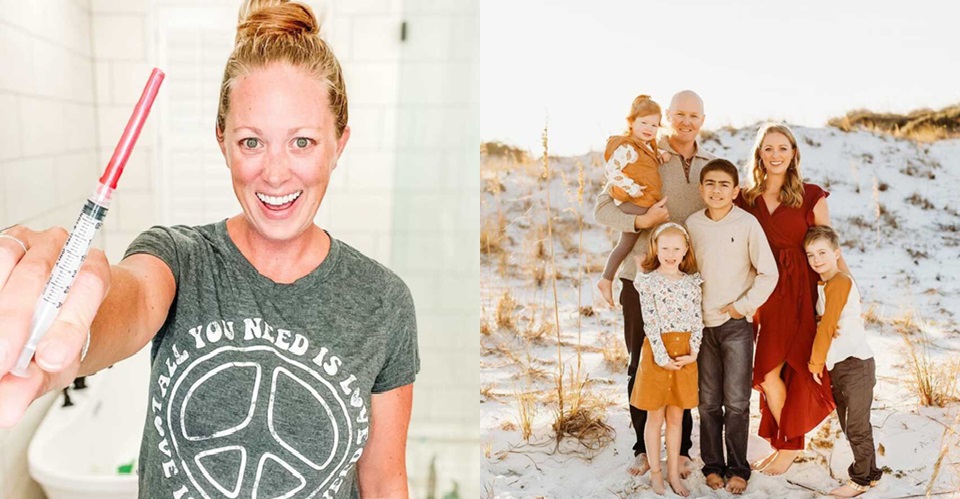The ending she dreamed of didn’t arrive the way she planned, yet it arrived, proof that your plot twist might be waiting on the very next page. She never pictured sharing this version of her life. In her mind, it was supposed to be simple: marry, decide when to have kids, and grow a family on their own timeline. Instead, a doctor sat across from Tracy and her husband, Adam, and said the words no one prepares you for: “Unexplained infertility.” No clear reason. No easy fix. Likely no pregnancy without medical help.

Seven years of trying had already worn them down. They scraped together a plan for IVF they could afford by joining an egg-sharing program: half of the eggs would go to another woman, half to Tracy. The pressure was crushing, be chosen, be good enough, please let it work for both of us. Only four eggs were retrieved. One embryo made it to day five. The transfer failed, for Tracy and for the recipient. She felt broken in every way and swore she’d never put her body or heart through that again.
Life took a turn when they adopted their son, George. Then a friend called with something Tracy had never considered: embryo adoption. A generous couple had embryos in storage and wanted them to have a chance at life. Tracy drove six hours to meet the new doctor and sign the papers. Instead, he surprised her. After reviewing her history, he said, “I think we can get you pregnant with your own embryos.” The shock was huge, emotionally, physically, financially. But the cost wasn’t worse than before, and this time any embryos created would be theirs to keep. With the donor couple’s blessing, she and Adam tried again.

The second round changed everything. After miles of driving, stacks of prescriptions, and more needles than she could count, Tracy produced six healthy embryos. They chose to transfer two. The test came back positive, twins. Pregnancy went smoothly, and she delivered at 38 weeks and 5 days. Tiny but strong, Lincoln and Vale skipped the NICU and came home after a few days. It was baptism by fire into parenthood, and postpartum anxiety and depression hit hard, but family, friends, and a steady pediatrician carried them through. When the twins turned two, Tracy and Adam returned for another transfer. Again, they chose two embryos. Again, it worked until bleeding started at almost six weeks. In the ER, they heard what no parent wants to hear. She miscarried and needed surgery. The grief was sharp and physical.

After healing, they used their last two embryos, one final chance from that batch, and got a yes. This time it was a single baby, their daughter Via. Years later, still dreaming of a bigger family, Tracy braved more meds and more retrieval attempts. Twice, there were no eggs to show for it. They decided to stop invasive treatment and leave the rest to time and faith. If another child comes naturally, they’ll welcome the miracle. If not, they remain grateful for their three and the adoption that first made them parents.

Looking back, Tracy sees a marriage tempered by fire, three children born of science and stubborn hope, and an adoption that started it all. She also sees what infertility can do to a soul: the way it whispers you’re being punished, you’re unworthy, you’re not built for motherhood. She names those thoughts for what they are, lies, and credits skilled doctors, medicine, prayer, and a thousand tiny acts of perseverance for every step forward.

Her message to anyone still in the thick of it is gentle and straightforward: you are not broken and unseen. The road may bend in ways you never expected, IVF cycles, donor programs, adoption papers, positive tests, empty arms, then joy again, but none of it cancels your worth or your future. Tracy didn’t get the tidy story she imagined. She got a harder one, filled with detours, faith, and three kids who were absolutely worth the fight.











